Home Inspection (estimate $395-$500 depending on size of home)
A professional home inspection of a typical home may take from two to four hours and it is customary for the buyer and the buyer’s agent to accompany the inspector for the inspection.
A professional home inspection is an examination of the visible, safely accessible components of the interior, exterior, structural, roof, electrical, heating, cooling, and plumbing systems of a home. Inspectors look for conditions that are adversely affecting normal function or operation of those systems and their components. The inspector provides a written report along with recommendations for appropriate actions to address the conditions noted. The written report will also describe locations of main water, gas, and electrical shutoffs. Typically, home inspectors will give the home buyer maintenance information to assist them in caring for their new home. The home seller will not get a copy of the report, unless the buyer asks the seller to repair items referenced in the report.
More information on home inspections can be found on the National Association of Home Inspectors (NAHI) website: www.nahi.org/consumers.
Radon Test (estimate $150-$200)
An inspector will set a radon test, usually in the basement of the home. The Environmental Testing Agency (EPA) recommends testing the lowest level of the home regardless of whether it is finished or unfinished. A radon test accumulates readings for a minimum of 48 hours. During radon testing, windows should not be left open and ingress/egress to the home in the area of the test should be kept to a minimum. EPA recommends remediation if average radon level is 4 pCi/L or more.
For more information, go to the EPA website: www.epa.gov/radon.
Wood Destroying Insect Inspection (estimate $50)
Paragraph 18 of the Maryland Association of Realtors (MAR) Residential Contract of Sale, entitles buyers (at buyer’s expense except for VA loans*) to a wood destroying insect inspection by a licensed pest inspector. Lenders typically require this inspection to occur within 30 days of settlement. Clear report must be provided to lender. Seller is required to treat and repair pest damage up to 2% of the sales price, unless otherwise negotiated.
*If the buyer is purchasing using a VA loan, seller is required to pay for inspection and provide a clear report to the lender.
Chimney Inspection (estimate $100-$300)
Inspection is recommended for every home with a chimney. Most inspections use a chimney camera to verify that the chimney flue is free from soot and debris and to assure that the chimney is in good working condition.
Well Water Testing (Conventional loan approx. $55-75, FHA loan approx. $150-$200)
To test well water, a testing company will collect a sample of water. For more extensive testing, the lab may provide a container and ask you to collect a water sample first thing in the morning prior to using any water (toilets, showers, etc). Good sampling points are usually bathroom sink, tub or outside faucet (do not sample from hose).
Septic Testing (approx. $500)
Your realtor will provide the septic location drawing from the Frederick County Health Department to the septic testing company. You will be asked to fill out a owner questionnaire answering basic questions such as: how long you have owned the house, how many bathrooms, how many people live there, have you ever pumped the septic system, etc. To perform the inspection, inspector will locate the septic tank access. If access is not exposed, this may require digging. Septic tank will be opened, pumped, cleaned and inspected.
General well and septic information is available from the Frederick County Department of Environmental Health.
Copyright © 2024 Bright MLS Inc. 

Website designed by Constellation1, a division of Constellation Web Solutions, Inc.
